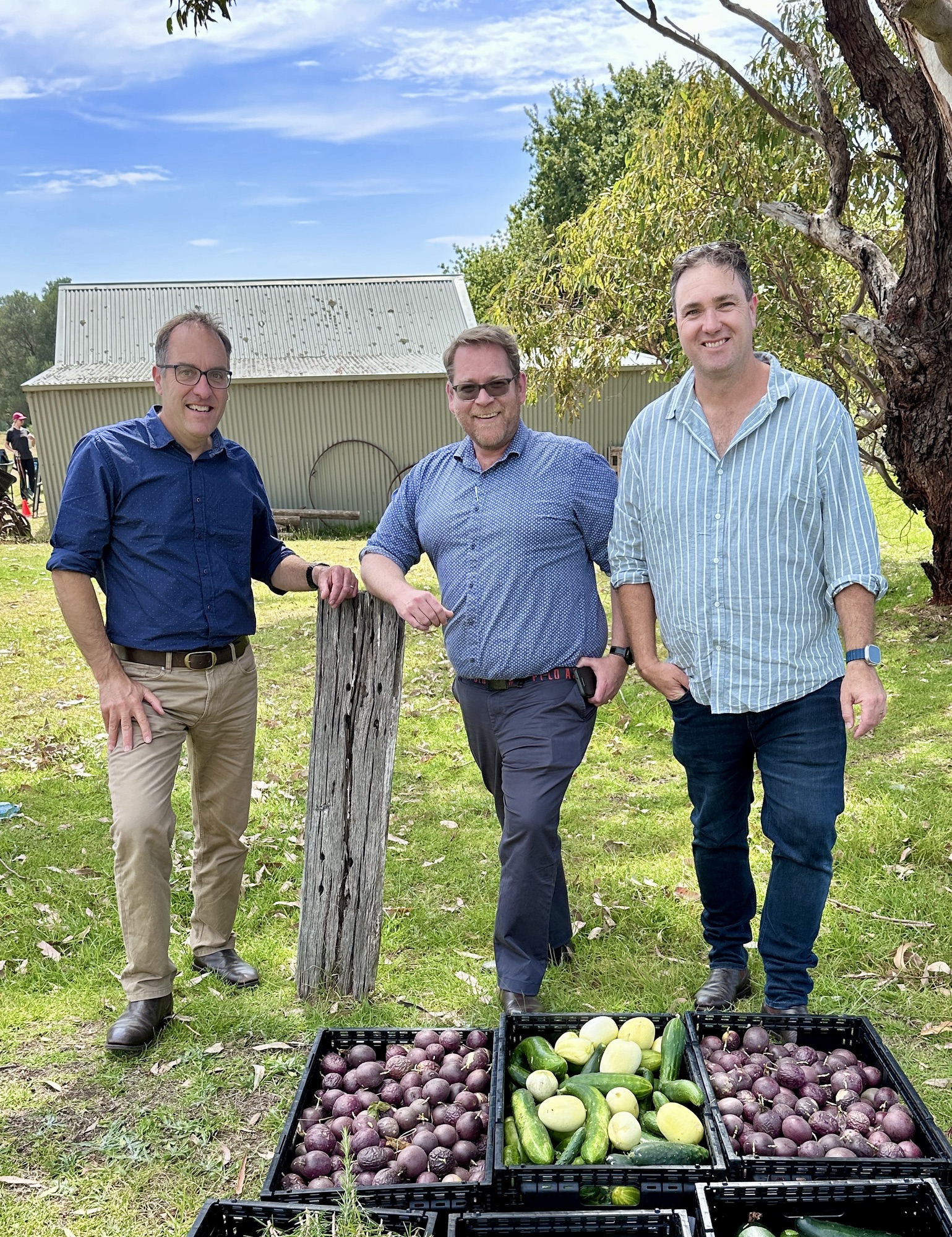In today’s hurried, outcomes-focused world, the traditional understanding of leadership often equates it with control and authority. However, as someone with the responsibility of leading a large, people oriented community organisation, I challenge this misconception.
Leadership extends beyond hierarchical structures, and it’s crucial to recognise that our understanding of leadership shapes our actions, potentially leading us to rely excessively on control.
At the core of my philosophy of leadership lies the belief that “WE get more done when I have less control”.
In many organisations, the desire for control can indeed hinder productivity, stifle innovation, and demotivate employees.
Instead of micromanaging and controlling every aspect of operations, true leadership involves empowering teams, fostering collaboration, and trusting in the capabilities of each individual.
I have made a commitment to lead with this mindset, recognising that by relinquishing control, I can unleash the full potential of an amazing team of dedicated people.
Trust is also paramount in this process, but it must be developed and earned over time through consistent actions and genuine support.
Trust is not just about believing in others’ abilities; it’s also about acknowledging that as a leader, I don’t have all the answers, but collectively, we do.
It’s a journey of learning and growth, where humility and openness pave the way for collaboration and shared success.
The Bible for me has sound wisdom and words which I allow to shape my life and decisions. Just as we must learn to trust in a higher power, trusting in the capabilities and potential of our team members can lead to remarkable outcomes beyond our own understanding.
Proverbs 3:5-6 says, “Trust in the Lord with all your heart and lean not on your own understanding; in all your ways submit to him, and he will make your paths straight.”
One of the key distinctions between control and leadership lies in mindset. While control seeks to maintain authority and dominance, true leadership focuses on inspiring, guiding, and supporting others—essentially leading from a servant’s heart.
As Matthew 20:26-28 states, “But among you, it will be different. Whoever wants to be a leader among you must be your servant.”
Additionally, 1 Peter 5:2-3 emphasises the importance of leading with humility and serving others, rather than pursuing power or control,
“Care for the flock which God has entrusted to you. Watch over it willingly, not grudgingly—not for what you will get out of it, but because you are eager to serve God. Don’t Lord it over the people assigned to your care, but lead them by your own good example.“ 1 Peter 5:2-3.
I understand that by providing a clear vision and goals, while allowing teams the autonomy to make decisions and take ownership of their work, I can cultivate a culture of accountability and excellence.
In a diverse organisation like Devonport Chaplaincy / Loaves and Fishes Tasmania, which comprises multiple departments and nearly 50 staff members, the importance of effective leadership cannot be overstated.
By adopting a hands-off approach to control and instead investing in and prioritising collaboration and trust, I foster a sense of unity and purpose among my team members. This leadership style also encourages innovation and adaptability, as employees feel empowered to explore new ideas and approaches without fear of judgment or reprisal.
As a result, Devonport Chaplaincy / Loaves and Fishes Tasmania remains agile and responsive to the evolving needs of its community, ensuring its continued success and impact. Furthermore, by decentralising decision-making and distributing responsibility across departments, I create a more resilient and sustainable organisation.
Instead of relying solely on my own expertise and judgment, I seek to leverage the collective wisdom and talents of my entire team, tapping into a diverse range of perspectives and experiences.
Ultimately, any success of Devonport Chaplaincy / Loaves and Fishes Tasmania under my leadership serves as a testament to the transformative power of letting go of control and genuinely empowering others.
By prioritising collaboration, trust, and empowerment, we have created an environment where individuals thrive, teams excel, and the organisation as a whole achieves greater heights. But also, as the accountable leader of our organisation, I consistently shoulder responsibility for our trajectory, whether that be positive or negative, all while empowering those around me.
As leaders across industries navigate the complexities of the modern world, I humbly aspire for my example to offer guidance, emphasising that true leadership isn’t about control, but rather about empowerment.
Practically, I’m guided by some RARE principles, which provide a framework for understanding the practical aspects of leading with humility and empowerment.
These principles—Remain relational, Act like yourself, Return to Joy, and Endure hardship well—serve as pillars of effective leadership. Incorporating the RARE principles into your leadership style can revolutionise your approach, fostering genuine connections, authenticity, resilience, and a focus on joy amidst challenges.
I highly recommend exploring ‘RARE Leadership’ by Marcus Warner & Jim Wilder. The authors delve into the principles of RARE leadership, grounded in solid brain science, sound wisdom and offer valuable insight for leaders who are seeking to authentically lead others.

To every leader facing the challenges of today’s world, I offer this closing challenge:
Dare to let go of control and embrace the power of servant leadership. Trust in the abilities of your team, empower them to take ownership, and lead with humility and integrity. As you relinquish control, you’ll unlock the full potential of your organisation, fostering innovation, collaboration, and lasting impact.
So, I challenge you: Be the RARE servant leader your team needs, and watch as they rise to meet the challenges of tomorrow with courage, creativity, and unwavering dedication.
Andrew Hillier
